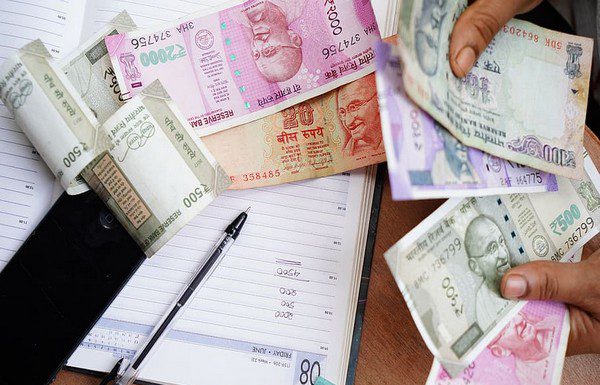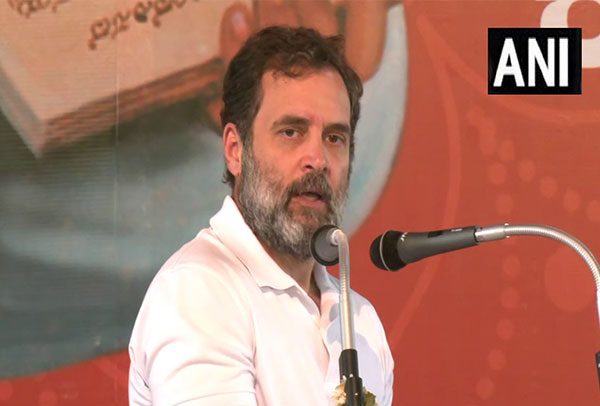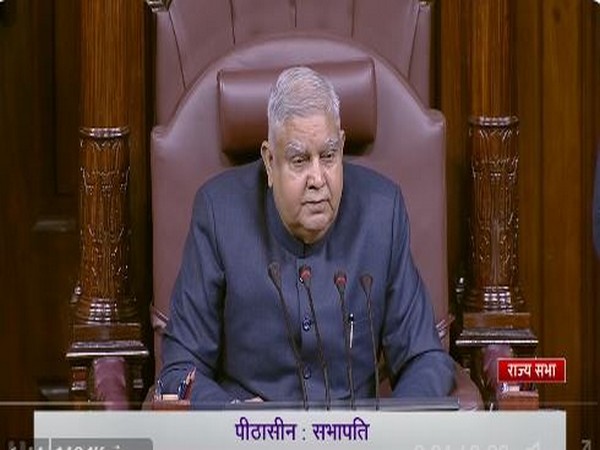India is celebrating its 77 anniversary of Independence and is at the crossroads of realising resilient economic growth for its people during the next 25 years – what the government has described as the country’s “Amrit Kaal”.
Keeping other aspects of the economy aside, let us have a glance at how the Indian rupee from being a relatively weak currency started its journey toward internationalisation. The value of a country’s currency and its usage for global trade are among the key indicators for gauging its economic stride.
Banks from 22 countries have opened special Rupee vostro accounts in Indian banks in order to trade in local currency as part of gradual de-dollarisation plans, the Parliament was informed during the just concluded monsoon session of Parliament.
Simply put, vostro accounts enable domestic banks to provide international banking services to clients who have global banking needs.
In a written reply in Lok Sabha, Union Minister of State (External Affairs) Rajkumar Ranjan Singh listed out the names of the countries. They include Belarus, Botswana, Fiji, Germany, Guyana, Israel, Kenya, Malaysia, Mauritius, Myanmar, New Zealand, Oman, Russia, Seychelles, Singapore, Sri Lanka, Tanzania, Uganda, Bangladesh, Maldives, Kazakhstan and the United Kingdom.
The Reserve Bank of India last year put in place an arrangement, allowing transactions in domestic currencies to promote the growth of global trade with an emphasis on exports from India and to bring in increasing interest towards the rupee.
The internationalisation of the rupee gathered steam following the Reserve Bank of India’s (RBI) announcement of a mechanism to settle payments for international trade in rupees, especially for India’s exports. The RBI allowed invoicing and payments for international trade in Indian Rupee on July 11, 2022.
Experts widely believe if the mechanism fructifies then it may go a long way in internationalizing the Indian currency rupee in the long run.
A currency can be termed “international” if it is widely accepted worldwide as a medium of exchange.
To examine issues related to the internationalisation of the Rupee and suggest a way forward, the RBI had constituted an Inter-Departmental Group (IDG) in December 2021.
The panel has recently come up with a report, where it made various short-term and long-term recommendations.
In the short run, the members of the Group recommended enabling rupee as an additional settlement currency in existing multilateral mechanisms; integrating Indian payment systems with other countries for cross-border transactions; inclusion of G-Secs (or government bonds) in global bond indices; and providing equitable incentives to exporters for rupee trade settlement.
In the long run, its recommendations included a review of taxes on Masala bonds (Masala bonds are rupee-denominated bonds issued outside India by Indian entities); international use of Real Time Gross Settlement (RTGS) for cross-border trade transactions; examining taxation issues in financial markets to harmonise tax regimes of India and other financial centres; and allowing banking services in rupee outside India through off-shore branches of Indian banks.
Stating India as one of the fastest-growing countries which showed remarkable resilience even in the face of major headwinds, the IDG said it feels that the rupee has the potential to become an internationalised currency.
It is important to note that the US dollar being the reserve currency of almost all countries is detrimental to other currencies, especially in times of sharp volatility in financial markets as it weakens peer currencies.
SBI Research in a report last year, however, noted that the share of the US dollar in global foreign exchange reserves, has been shrinking since the start of the twenty-first century, falling close to 59 per cent as of the end of December 2021, from above 70 per cent two decades back.
Since the cost of imports becomes higher, domestic inflation may be triggered, which in turn may reduce purchasing power in the economy. Rising costs of imports may also increase the current account deficit (CAD).
A widening trade deficit is also a contributing factor to the weakening of the rupee.
The Indian rupee is currently trading at over 83 per US dollar. The value of the rupee was around 4 during the Independence.
A lot has happened on the macroeconomic front ever since 1947 including economic stress in the 1960s led by a slump in food and industrial production. Then came the Indo-China and Indo-Pakistan which widened spending and gave birth to the balance of payments crisis. Faced with high import bills, India was close to default as the foreign exchange reserves had almost dried up.
In 1991, India found itself in a serious economic crisis as the country was not in a position to pay for its imports and service its external debt obligations. Again, India was on the verge of default, which necessitated the much-needed reforms which opened the country’s economy.
To negate the crisis, the Reserve Bank of India reportedly devalued the rupee in two sharp tranches – 9 per cent and 11 per cent, respectively. Post the devaluation, the value of the rupee against the US dollar was around 26.
From Rs 4 during Independence against the then benchmark Pound sterling to around Rs 83 against the US dollar now, the rupee has depreciated by Rs 79 in the past 76 years.
There is, however, a silver lining. Even though the falling rupee may not benefit the entire economy, a devalued currency certainly has its merits as it aids in boosting exports. (ANI)
Read More: http://13.232.95.176/




